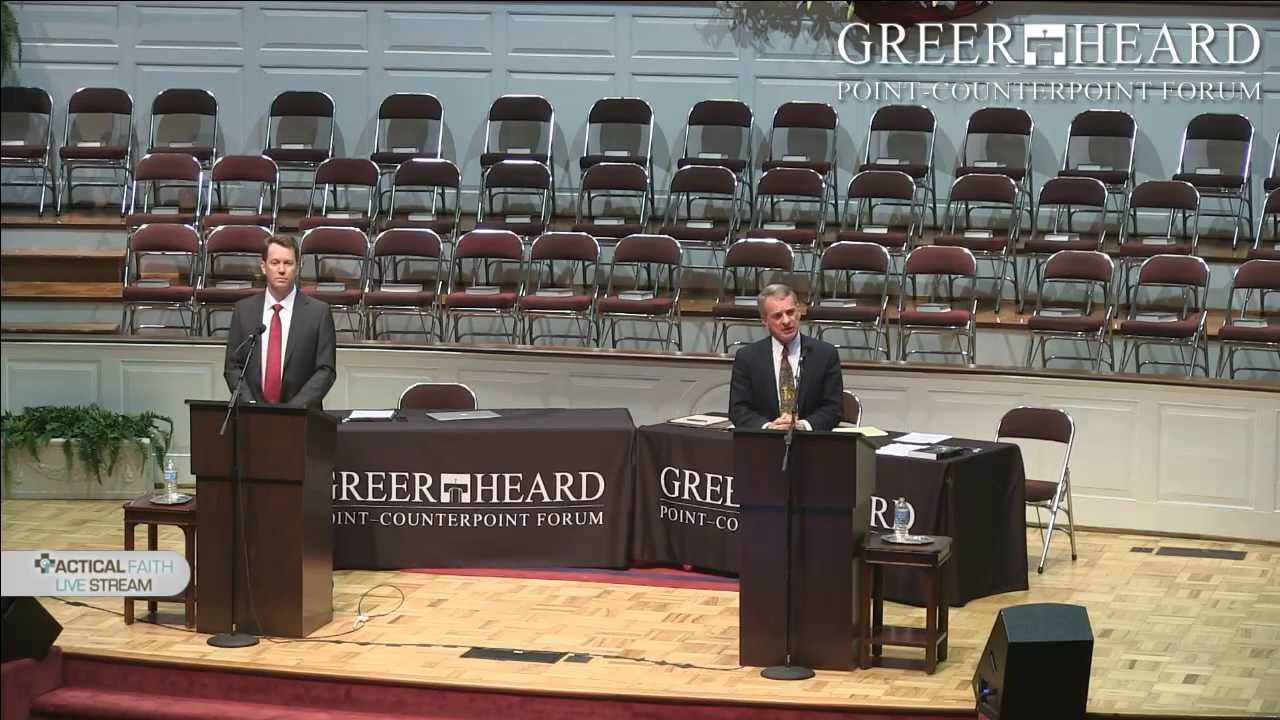When assessing Sean Carroll’s arguments against William Lane Craig, it is essential to remember that Craig is arguing that physics cannot completely and fully explain the universe. Physics points beyond itself to a transcendent cause. We mention this because so many of Carroll’s objections to Craig seem question begging. For example, if Craig is arguing that there must be more to reality than the descriptions given by physicists, it will not do to respond that physicists don’t mention God at their conferences!
Elsewhere, Carroll suggests that neither the universe nor the laws of nature need an explanation because “states of affairs only require explanation if we have some contrary expectation, some reason to be surprised they hold”. This is quite obviously false. Some explanations might be more important than others; but it is a presupposition of all rational investigation that every state of affairs has some explanation. Just because we do not actively seek the explanation of some mundane, quotidian event does not mean that we assume that this event has no explanation. Geologists seek to explain the properties of rocks and stones. And physicists seek explanations for the existence of energy, time and space, even though we’ve grown quite used to their existence and do not expect them to “pop” out of existence.
Carroll has written that “As far as we know, [the universe] may simply exist and evolve according to the laws of nature”. Again, this is quite obviously a poor argument. The existence and nature of our universe is extraordinarily surprising. This is particularly so from a naturalistic perspective. Given naturalism, there is absolutely no reason to expect that the universe should be capable of being described by laws of nature, especially laws expressible in the language of mathematics. Furthermore, given naturalism there is no reason why the universe has this particular set of laws; rather than some other set out of possibly infinitely many alternatives. So it is deeply surprising that our universe is governed by laws that produce such intricate, beautiful and majestic order. Our own existence is more surprising still; the fact that our universe allows not only life, but a community of conscious, moral observers is striking.
Now, William Lane Craig’s defence of the Kalam Cosmological argument was subjected to piercing criticism by Sean Carroll in their recent debate about God and Cosmology. Famously (or infamously, depending on your point of view) Craig has revived an argument first developed by Islamic scholars:
1. Whatever begins to exist has a cause.
2. The universe began to exist.
3. Therefore, the universe has a cause.
It follows that the cause of the universe must transcend the universe, and Craig argues that this supports theism rather than atheism. Carroll, however, has objections. Again, we are not convinced that they carry much force.
As he summarises in his post-debate reflections:
“the notion of a “cause” isn’t part of an appropriate vocabulary to use for discussing fundamental physics….what matters is whether you can find a formal mathematical model that accounts for the data. The Hartle-Hawking “no-boundary proposal” for the wave function of the universe, for example, is completely self-contained, not requiring any external cause.”
We have two concerns about his appeal to formal mathematical models. First, merely mentioning such a model isn’t a good enough reason to reject Craig’s argument unless there are also some reasons to think the model is true! Second, Craig’s argument is not that theism provides a good cosmological model. He is merely arguing that the best cosmological models imply a beginning; this is evidence that the universe requires some transcendent cause. That the cause of the universe is not mentioned in the best cosmological models is not relevant to Craig’s argument. As for the Hartle-Hawking model a) even if it is a possible model of the universe there’s no good reason to think it is true, b) it mightn’t even be a possible model as it isn’t clear that it’s compatible with the evidence, and c) it isn’t at all obvious that it avoids a beginning in any case: Hawking acknowledges a beginning in real time, just not in imaginary time.
Carroll claims that ‘the notion of a “cause” isn’t part of an appropriate vocabulary to use for discussing fundamental physics’. Now, it’s true that the equations used to describe various models don’t mention causes. However, that’s not a convincing reason for thinking that there are no causes. The nature of causality is primarily a philosophical question which can’t be decided by pointing to the absence of the term ’cause’ in scientific models. Some philosophers of science point out that general relativity offers a way of spelling out a scientifically precise notion of causality. It is generally taken to prohibit faster-than-light transmission of signals, for example; we can then ask whether this notion of causality is violated by quantum mechanics.
Carroll also claims that ‘modern physical models take the form of unbreakable patterns — laws of Nature — that persist without any external causes.’ But this seems like an admission that even if there is an external cause it wouldn’t be picked up in physical models! Carroll has merely pointed out that physics cannot give explanations in the absence of laws. It follows that physics cannot give explanations for the laws of physics; if we are to explain the laws of physics we must look for an explanation beyond physics.
We can make three points in summary: first, Carroll does not provide any reason for thinking that we should not attempt to give the universe and the laws of nature a metaphysical explanation. Second, Carroll’s reasons for dismissing causes in fundamental physics are too hasty. Finally, the whole debate is about whether there is a cause beyond physics. To reply that physics doesn’t contain such causes is clearly question-begging.

